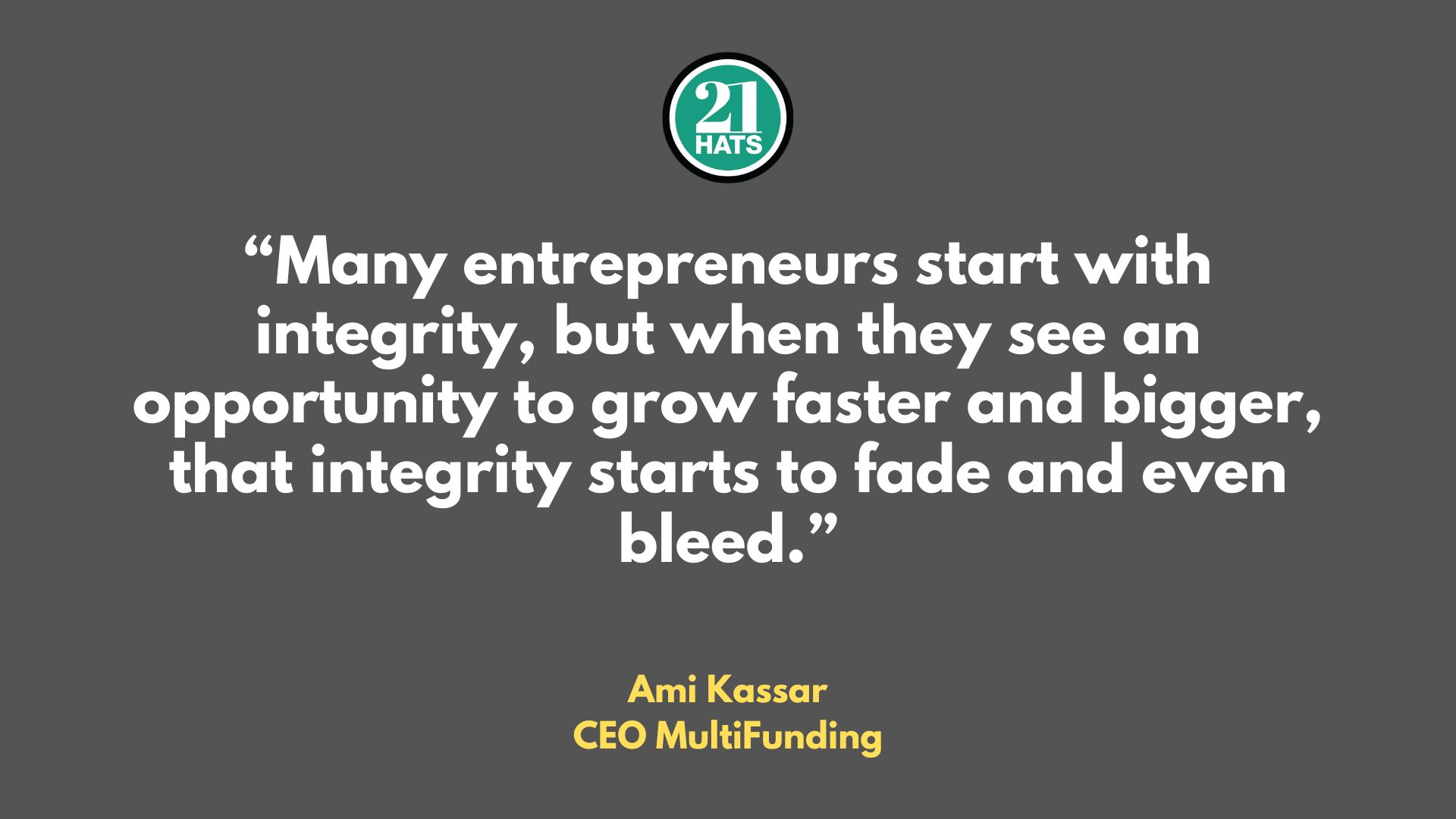Is Treating Customers Well Noble? Or Just Good Business?

Recently, I was asked whom I considered a “titan of industry.” My answer was Bob, the local mechanic at Maple Glen Auto. The interviewer looked at me dumbfounded and asked why.
By Ami Kassar
You should take it as a compliment when someone calls you noble, right?
Yet when an old business associate and friend used that term to describe me recently, it didn’t feel that way. We had not seen each other in years, so there was some lengthy catching up to do. I told him where I had taken our business since those early days of our association and how much I liked the business model we had developed. We’re profitable, growing at a manageable pace, and treating customers the way we would like to be treated. We tell them the truth, and we don’t worry about reputation risk. We’re true to our values, and our culture is in sync.
That’s when he said—dismissively in my view—”You’re noble.’”
Am I? Are those characteristics so unusual these days that we’re outliers? When we say we are true to our values and that our culture is in sync, isn’t that just mainstream business ethics? Why would that be noble? Or unusual? And if it is, how did we get here?
A few months ago, I received a local award, “Titans of Industry” or some title like that. As part of the award, there was a video interview in which I was asked, “Who do you consider to be a titan of industry?”
My answer: Bob, the local mechanic at Maple Glen Auto.
The interviewer looked at me dumbfounded and asked why. I said, “Because I drop my cars there, hand him the keys, and when they’re fixed, he calls me and tells me, and I come to pick them up and whatever he says is the price, I pay. And I never think twice about it. He has built a mountain of trust over the years through his honesty and thoroughness. He likes what he does and likes that he can help.”
Is his business model noble? He could make more money by charging slightly more than he thought the job was worth. Few would suspect, and his relationships with customers like me would likely stay intact. This is where my acquaintance was coming from. Many entrepreneurs start with integrity, but when they see an opportunity to grow faster and bigger, that integrity starts to fade and even bleed.
I know good people in the alternative lending industry who put the screws to small businesses by charging outrageous annual percentage rates without full disclosure. Or sometimes, when I check in with my usual airline, it will ask if I want to buy 5,000 miles for $300, or something crazy like that. The offer’s value is a fraction of its cost, yet people take that stupid offer. As a result, my respect for the airline as a business lessens. Do they really need to do this? Do they really need to charge me for the internet on the plane? There are so many of those nickel-and-dime things that they do. And their philosophy seems to be, “Well, it’s your fault if you let us do it.”
In their book, ”Conscious Capitalism: Liberating the Heroic Spirit of Business,” John Mackey, co-founder of Whole Foods Market, and Raj Sisodia, co-founder of Conscious Capitalism, Inc., posit that four specific tenets—higher purpose, stakeholder integration, conscious leadership, and conscious culture and management — will build your business responsibly and foster a more positive relationship with stakeholders and associates.
It doesn’t say a word about nobility.
Maybe I could grow faster, and perhaps I could have a more impactful business. But I could also blow up at any time, especially if I begin to view my customers as a means to do that instead of as part of a symbiotic relationship that has defined our business from the beginning. We help each other, we respect each other, and we enjoy the relationship.
Many of these relationships have lasted for years. I value them as one would a good friendship. For me, that’s not noble. It’s just common sense.
Ami Kassar is CEO of MultiFunding.